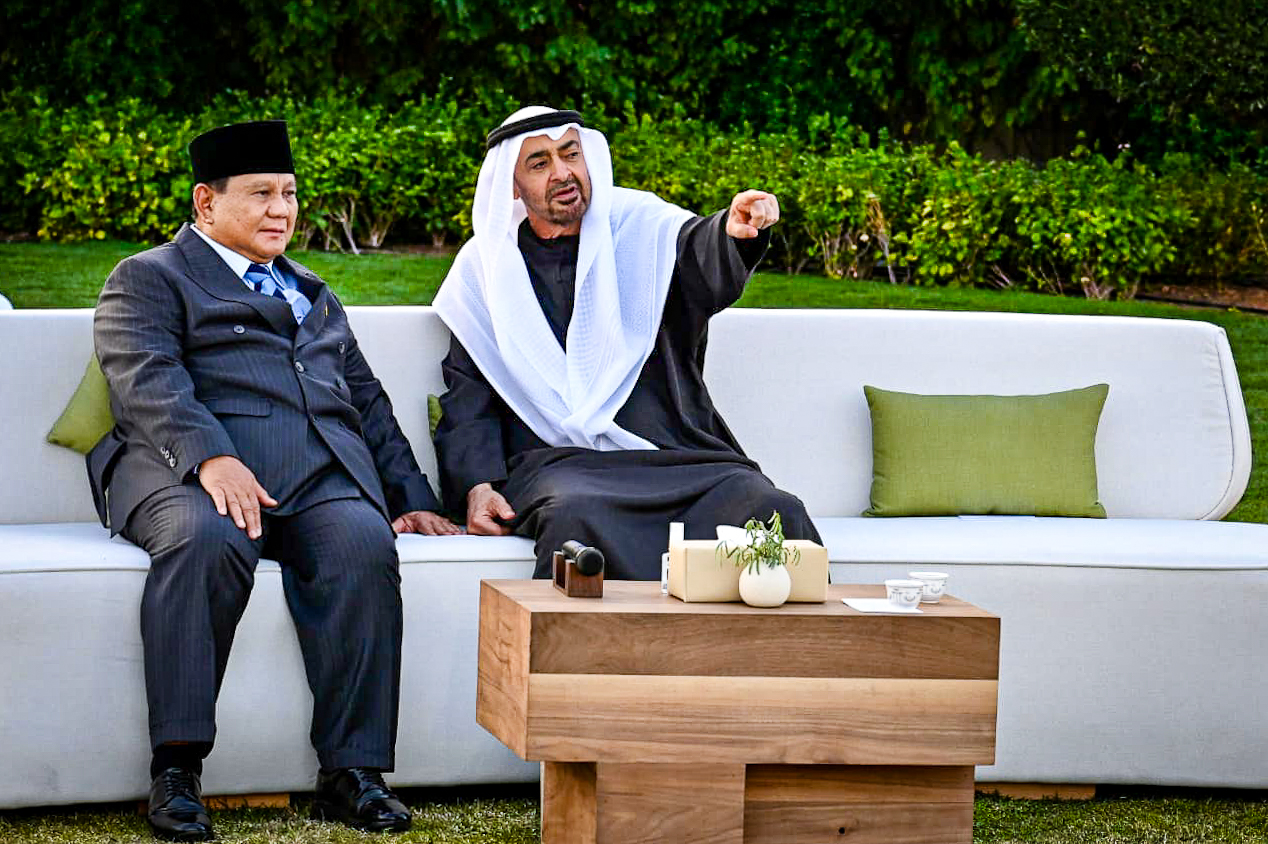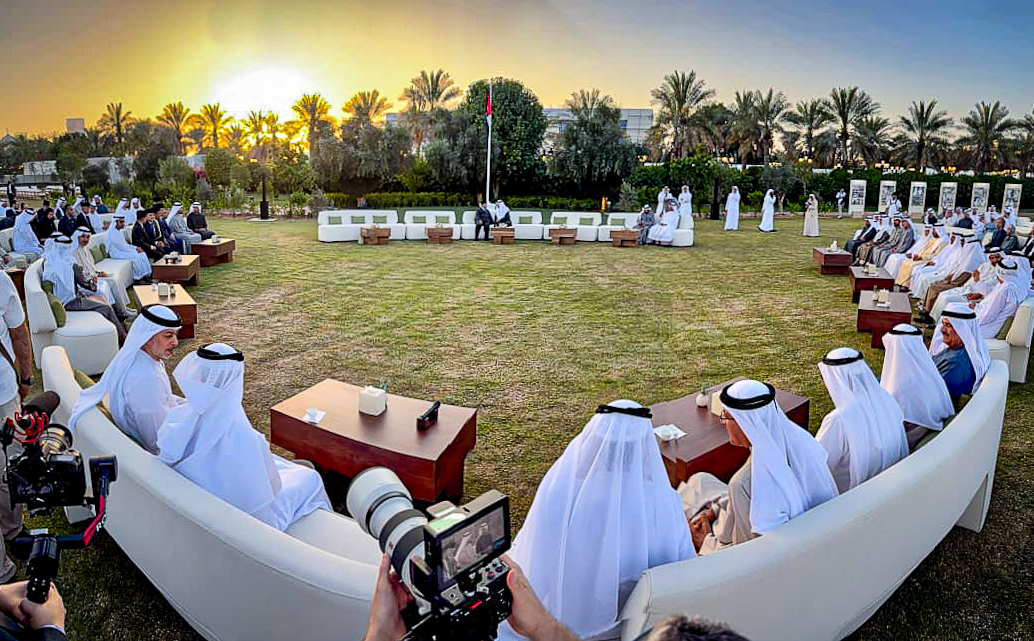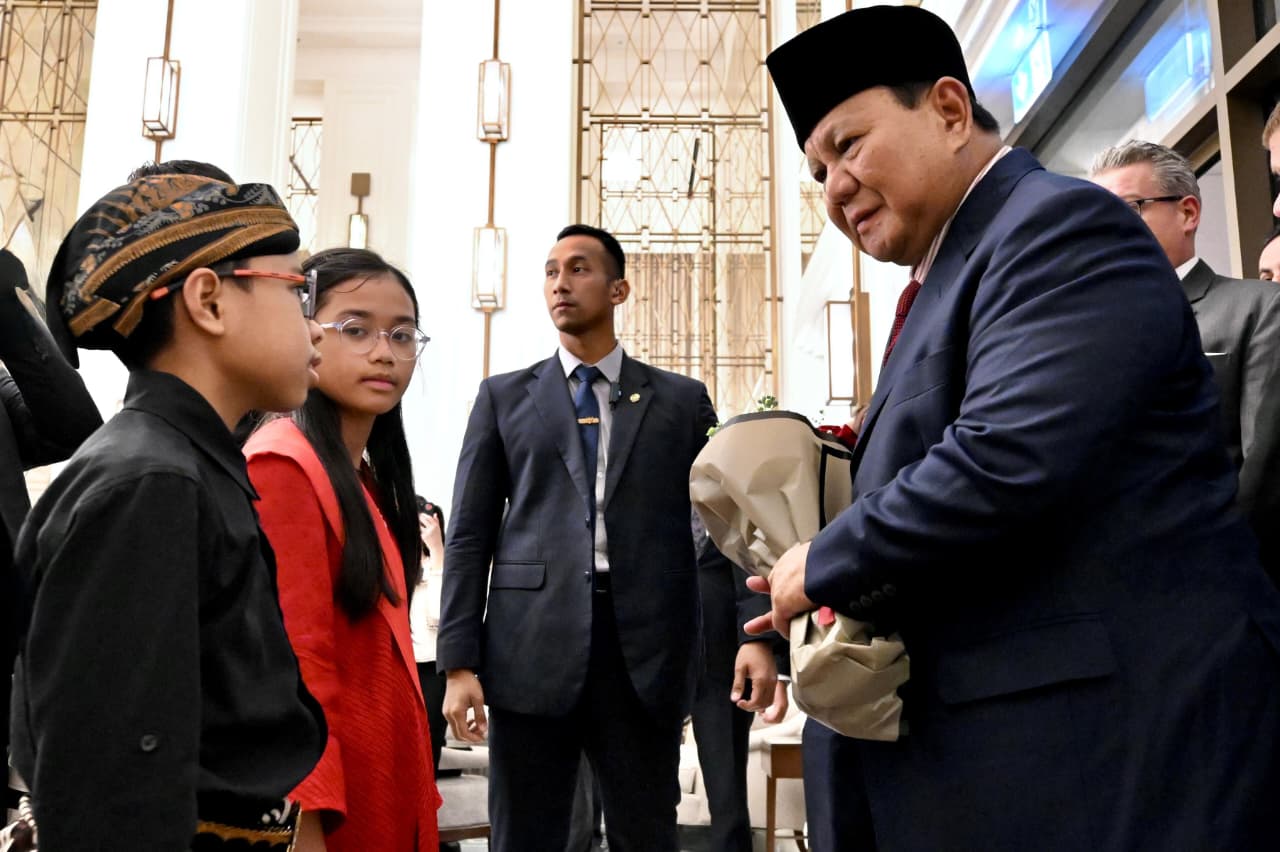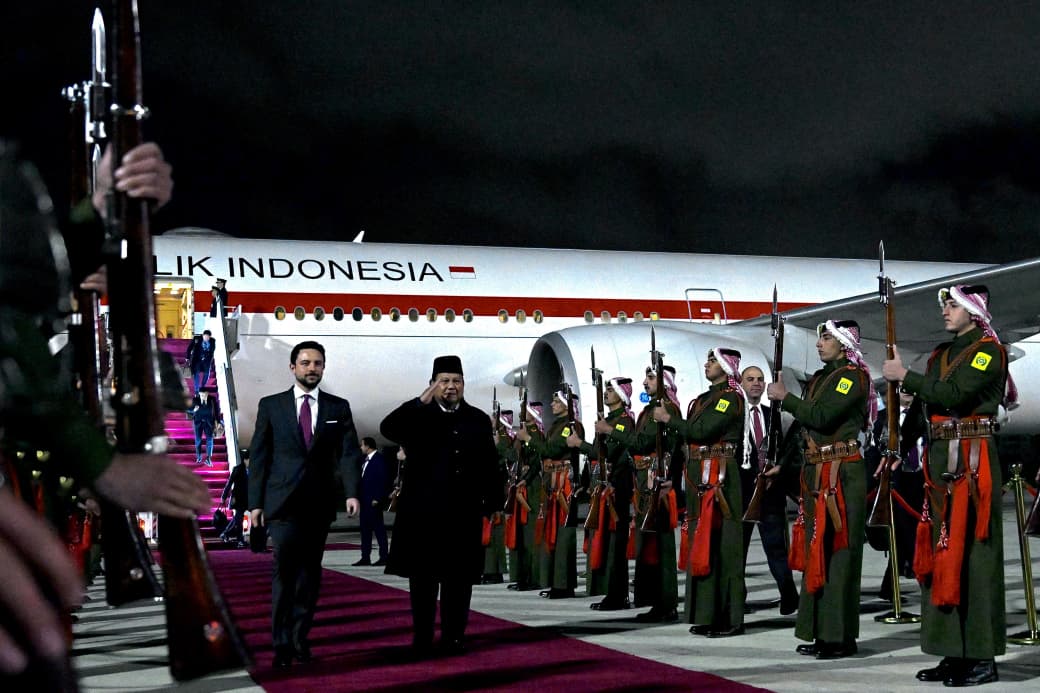Gov’t Launches 22nd Edition of Merdeka Belajar Program
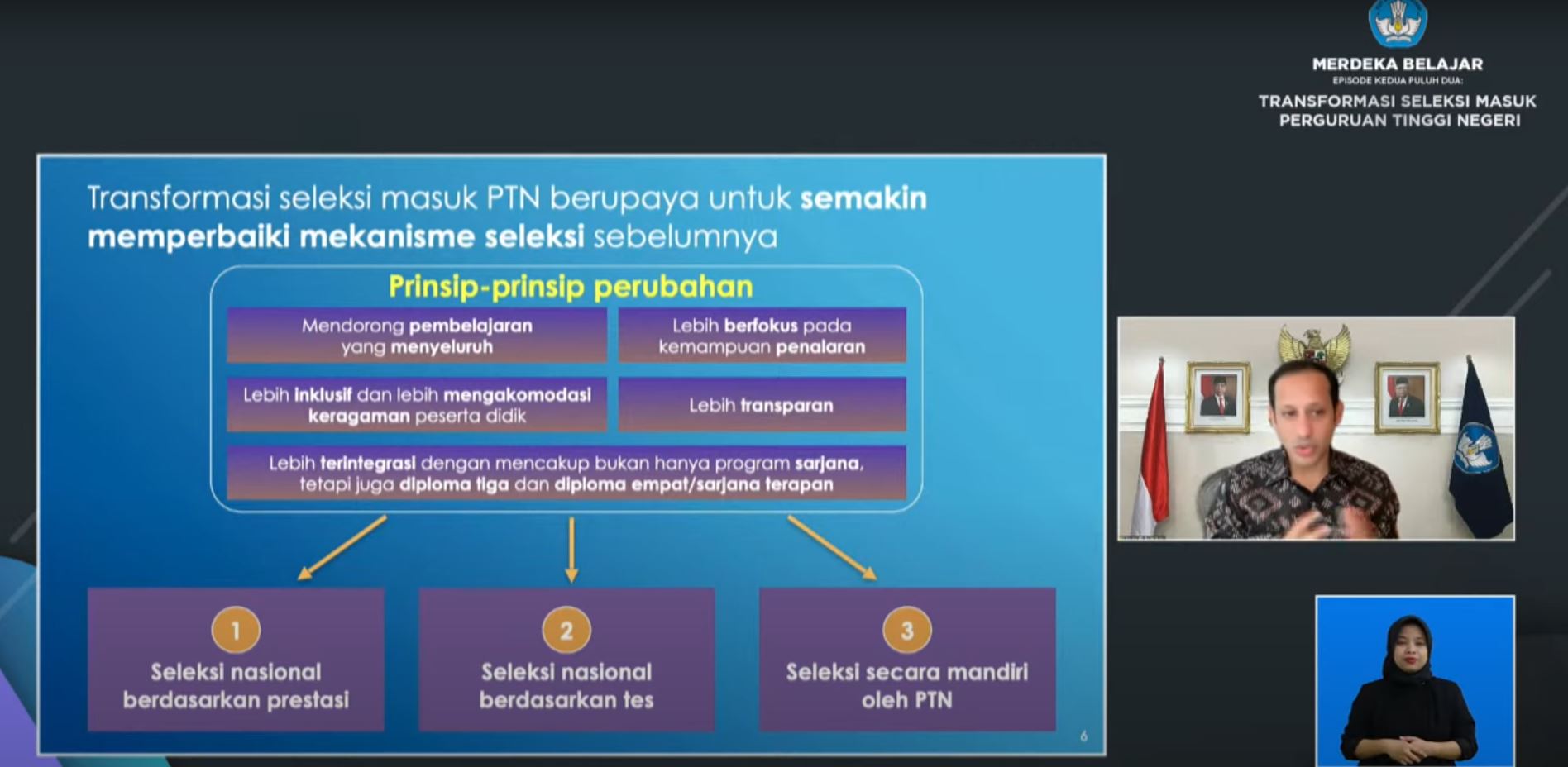
The launch of 22nd Edition of Merdeka Belajar Program
Ministry of Education, Culture, Research, and Technology has launched the 22nd episode of Merdeka Belajar (Freedom to Learn) Program entitled “Transformation of State University Entrance Selection”.
This transformation is in line with the big mission of Merdeka Belajar, which is to present an education system that puts the needs of students and upholds the principle of justice above everything.
“The new direction of transformation of the admission into state universities is carried out through five principles of change, namely encouraging comprehensive learning, focusing more on reasoning abilities, being more inclusive and more accommodating to the diversity of students, being more transparent, and being more integrated by covering not only undergraduate programs but also diploma-3 and diploma-4/applied bachelor programs,” Minister of Education, Culture, Research, and Technology Nadiem Anwar Makarim said during the virtual launch of the program, Wednesday (09/07).
The Minister explained three transformations to carry out. “First, a national admission based on achievement, a national admission based on test results, and an independent admission by state universities,” he said.
On the national admission based on achievement, Nadiem stated that the admission will focus on rewarding high marks for comprehensive learning success in secondary education, adding that this is implemented by setting a minimum score of 50 percent for the average score of report cards for all subjects.
Through the implementation of this setting, it is expected that students will be encouraged to excel in all subjects holistically, he added.
As for the rest of the scoring, according to Nadiem, a maximum of 50 percent is taken from the components of interest and talent, aiming to encourage students to explore their interests and talents more deeply.
“Thus, students are encouraged to focus on learning comprehensively and explore their interests and talents from an early age. Later, students are expected to realize that all subjects are important and that they build their achievements according to their interests and talents,” he said.
The national admission based on achievement replaces the National Selection for State Universities (SNMPTN) Program.
Previously, the Minister said that through the SNMPTN program, prospective students were divided by majors in secondary education.
“Whereas to be successful in the future, students need to have holistic and interdisciplinary competencies. For example, a lawyer must have basic knowledge of the law, but must also have communication skills that make a difference,” he said.
On the national admission based on test results, the admission will focus on measuring reasoning and problem-solving abilities. Previously, the Minister stated that the Joint Selection for State Universities (SBMPTN) exam was conducted using a lot of material from many subjects which indirectly triggered the decline in the quality of learning and underprivileged students will find it more difficult to be accepted to universities through this path.
“This time, it is different. In the admission, there is no longer a subject test, but only a scholastic test that measures four things, namely cognitive potential, mathematical reasoning, literacy in Indonesian, and literacy in English. The questions in this admission will focus on the reasoning abilities of students, not memorization,” he said.
Therefore, the Minister said, the admission scheme would be fairer and each student will have the opportunity to succeed in the national admission based on test results.
“Cooperation between students and teachers through honing their reasoning power will increase the success of students on the admission based on test results,” he added.
Regarding the independent admission by state universities, the Government arranges for the admission to be carried out more transparently by requiring state universities to take several steps before and after the admission process.
Prior to the admission process, state universities are required to announce several matters, including the number of prospective students who will be accepted by each study program/faculty, assessment method for prospective students consisting of independent tests, collaborative tests through a consortium of tertiary institutions, utilizing scores from the results of national admission based on test results, and/or other required assessment methods for prospective students; as well as the fee or the method of determining the fee charged to prospective students who pass the admission.
Furthermore, the Minister said that after the independent admission, state universities are required to announce several matters, including the number of participants who passed the admission and the remaining quotas, a rebuttal period of five working days after the announcement of the admission results, and procedures for rebutting the admission results.
The Minister also invited the public to be involved in the monitoring process so that independent admission can be carried out in a transparent and accountable manner.
According to him, the independent admission by state universities must be based on academic selection and is prohibited from being associated with commercial purposes and through this new mechanism, the community can play an active role in monitoring the admission process.
“If you have preliminary evidence of a violation of regulations in the admission process, prospective students or the public can report through the whistleblowing system, the reporting channel of the Inspectorate General of Ministry of Education, Culture, Research, and Technology on https://wbs.kemdikbud.go.id or https://kemdikbud.lapor.go.id,” he said.
Through the transformation of a fairer state university admission process, it is expected that the transformation will encourage the improvement of the learning climate in secondary education so as to produce more competent prospective students.
“A developed nation can always provide opportunities for people who have talent and work hard,” he remarked. (PR of Ministry of Education, Culture, Research, and Technology/UN) (FI/EP)





